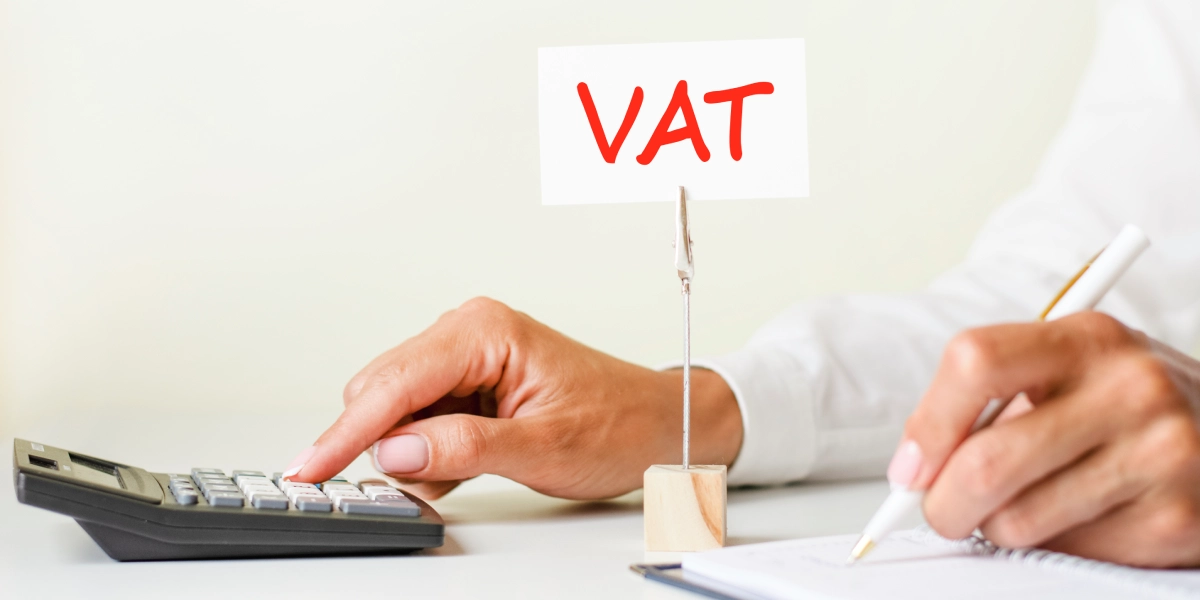Automotive parts manufacturers in the UK face high costs. From raw materials to tooling, early cash needs are heavy. Raising equity can ease the load. But attracting investors is often difficult without tax incentives. This is where understanding and deciding between EIS vs SEIS for automotive parts manufacturers is important. Both schemes offer reliefs that make investment more attractive.
Seed Enterprise Investment Scheme (SEIS) For Automotive Parts Manufacturers
SEIS supports very early-stage companies. It is ideal if you are launching a new automotive parts business. Investors can claim 50% income tax relief. The investor limit is £200,000 per year. Gains from other assets can also be reinvested into SEIS shares with a 50% CGT relief.
Your company can raise up to £250,000 in total. It must have been trading for less than three years. Gross assets must not exceed £350,000. Staff must be fewer than 25 full-time equivalents. These thresholds were increased in April 2023 to widen access. For small automotive suppliers, this can fund first tooling, prototype work, or testing.
Enterprise Investment Scheme (EIS) For Automotive Parts Manufacturers
EIS for automotive parts manufacturers targets growth-stage companies. It works well for manufacturers scaling up supply chains or expanding to new markets. Investors get 30% income tax relief. They can invest up to £1m per year. This rises to £2m, where the extra is in knowledge-intensive companies.
A business can raise up to £5m each year. The lifetime cap is £12m. Knowledge-intensive firms may raise more. EIS also allows investors to defer capital gains if they reinvest into EIS shares. For automotive manufacturers, it can support new plant investment or R&D for electric vehicle components.
Key Differences Between EIS vs SEIS for Automotive Parts Manufacturers
- Stage: SEIS is for startups. EIS is for scaling firms.
- Relief: SEIS gives 50% income tax relief. EIS gives 30%.
- Limits: SEIS funds up to £250,000. EIS allows £5m per year.
- Company size: SEIS has lower thresholds on assets and staff.
Why Automotive Parts Manufacturers Should Care
The UK government is backing net-zero vehicle targets. Investment is flowing into EV supply chains. Automotive startups that can prove strong growth prospects are attracting both private and institutional investors. Choosing the right investment scheme for automotive parts manufacturers like SEIS and EIS makes that path easier. They lower investor risk and give you access to capital without debt.
Our View at Apex Accountants
The right investment scheme for automotive parts manufacturers depends on your stage. A new supplier making specialist parts may find SEIS fits. A more established firm seeking large-scale contracts will suit EIS. Both require careful compliance with HMRC rules. Missing conditions can mean tax relief is lost.
At Apex Accountants, we guide automotive startups through both schemes. We help prepare advance assurance applications, structure share issues, and manage investor relations. With the right planning, SEIS and EIS can provide the capital to grow while keeping investor confidence high. Contact us today to book a consultation and explore how we can support your funding journey.









